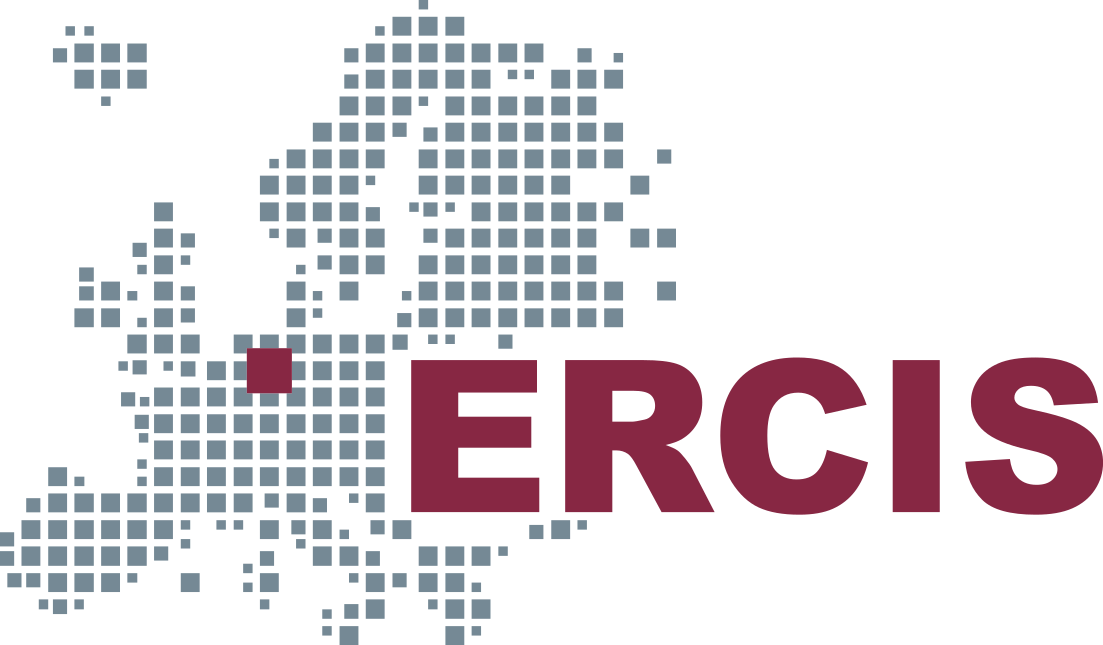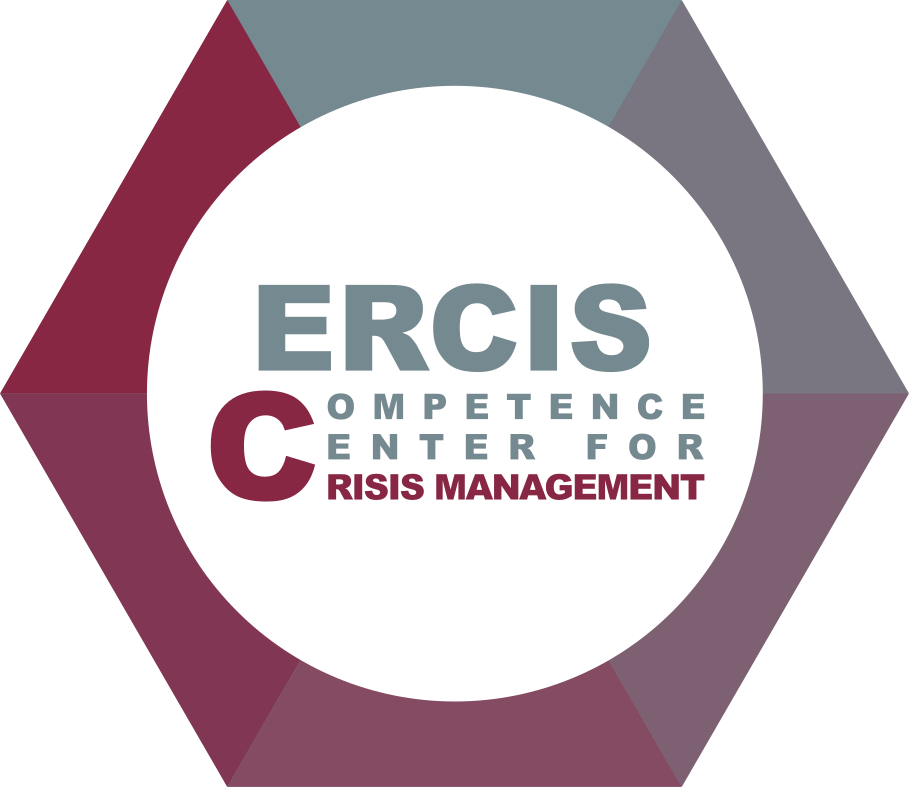ICT-DM2017 will feature three promising and interesting keynotes held by speakers from research as well as practice. A variety of topics – ranging from ICT-desing over logistics decision support to semantics – will be covered.
Please, find more information on the keynote speakers’ backgrounds as well as their presentations’ content in the following.
Mission-based Design of ICT

Prof. Mark Haselkorn
Director of the Center for Collaborative Systems for Security, Safety, and Regional Resilience (CoSSaR) at the University of Washington
Mark Haselkorn is Professor of Human Centered Design & Engineering at the University of Washington (UW) and Director of the UW’s Center on Collaborative Systems for Security, Safety & Regional Resilience (CoSSaR). CoSSaR currently conducts projects that help security and safety stakeholder agencies understand, plan and deploy systems to increase interoperability for information sharing and mission coordination. Dr. Haselkorn recently led Project Interoperability in Puget Sound (PIPS) and the Maritime Operations Information Sharing (MOISA) project, research partnerships sponsored by the U.S. Department of Homeland Security (Coast Guard, CBP, Border Security, and First Responders), the Program Manager for the Information Sharing Environment (PM-ISE), and the National Maritime Intelligence-Integration Office (NMIO). Dr. Haselkorn is currently conducting research on the use of enhanced radar for border security and on disaster preparedness messaging (with the Red Cross Global Disaster Preparedness Center). Previously, Dr. Haselkorn led an NSF initiative to define the emerging frontier of “Humanitarian Service Science & Engineering.” He has worked with the military on a number of projects, including the integration of DOD and VA electronic medical records and the Air Force’s strategic management of ICT under the threat of Y2K (a study published by the National Research Council). Dr. Haselkorn has conducted foundational research in the area of intelligent transportation systems, including development of the first Web-based real-time traveler information system (Traffic Reporter, 1990).
Logistics Decision Support tools and Innovative technologies for Military Disaster Relief Operations
Canadian Armed Forces (CAF) is a major contributor to domestic and international disaster relief missions characterizing complex operations demanding significant resources, including equipment, medical supplies, and food. In order to be effective and efficient in fulfilling their disaster relief and humanitarian assistance roles, Military Forces use analytics models to optimize the supply chain from the design to the distribution and warehousing. We present some decision supports tools and models developed by Defence and Research and Development Canada for Canadian Armed Forces for Disaster Relief Operations. They rely on multi-period discrete optimization and stochastic programming and aimed at optimizing supply chain management resources utilization while reducing time and costs to achieve efficient supply delivery such as food, water, medicine and equipment. We also discuss how some new innovative technologies such as autonomous systems, internet of things, and additive manufacturing and how they can be used to improve supply chain efficiency and robustness during disaster relief operations.
 Abdeslem Boukhtouta Ph.D.
Abdeslem Boukhtouta Ph.D.
Senior Defense Scientist at the Defence Research and Development Canada-CORA
Dr. Boukhtouta is currently a senior defence scientist at the Defence Research and Development Canada – Centre for Operational Research and Analysis. He earned a Ph.D. degree from the decision system and operations department, Laval University, and holds a MS degree in Civil Engineering from Sherbrooke University, both from Quebec, Canada. He is part of various national and international research and development programs involving academia, industry and government organizations. He led different projects for Canadian Department of National Defense (DND) and he is a Subject Matter Expert providing advice to senior decision makers about innovation and disruptive technologies. His research interests include operations research and stochastic dynamic programming related fields, applied to defense logistics, planning, routing and scheduling problems. Dr. Boukhtouta coauthored a scientific book and many technical publications.
Semantics supporting proportionality in crisis management
Managing the balance between escalation and business continuity in densely populated area’s based on improved information management performance.
The availability of data about vulnarable objects, such as hospitals, child care centres, elderly care homes, shelters, about effect escalation data such as chemical storages and data about transportation of dangerous goods over land and over water and even the data about water supply for fire brigade trucks does not occur by it self. To achieve a minimum level of quality of that data requires constant care and maintenance and explanation about the necessity of such data exchange. The practitioners in the Dutch Safety regions recognise the need for readily available data and therefore they invest constantly in data availability. It is a hard to justify these costs to inside managers and to outside data owners until it is too late. The scientist could help the practitioners with clear metrics that clarify reasonable efforts
The research question implied is whether information management performance can be measured. The speaker’s position is, that – unlike with ICT performance measurement in general – in the case of crisis management there is a better basis for a metric for information handling. Over the years as an officer on duty and as system designer, dr. Peters worked on decomposition and analyses of the causal relation between the data made available and its effect on the ‘common operational picture’. He will present several real-life instances of incidents and simulations of incidents where improved technical support and improved data availability in turn improved the Netcentric shared visualisation of the trigger event, its effects and the mitigation actions over time. The claim is that proportionality and improved metrics would better justify preparation and data sharing before incidents occur, thereby enabling better crisis management when it happens.
 Rob Peters Ph.D.
Rob Peters Ph.D.
Schiphol Safety Region
Rob Peters has been crisis information officer for the Dutch Schiphol Safety Region at Silver and Gold level for the last seven years. He initiated the Dutch information sharing reference architecture for all Dutch Safety regions. Together with the Dutch National expert team, he chaired most efforts in improving and integrating the National crisis management system (LCMS) with geo-data sources, real time sensor data, the different dispatch systems, the flooding monitoring systems and other sources such as Corporate or transport data. His team was especially focussed on the design of semantic cross-sector integration. In 2017, Rob received the Digital Government Excellence Award for the design of a crisis management platform that enabled more balanced trade-offs between societal continuity and crisis decision making. Rob has been involved or leading in over 8 European research projects, 4 of which were related to disaster management. He earned a PhD on geographic representation of legal constraints in spatial planning from the University of Amsterdam in 2016.









